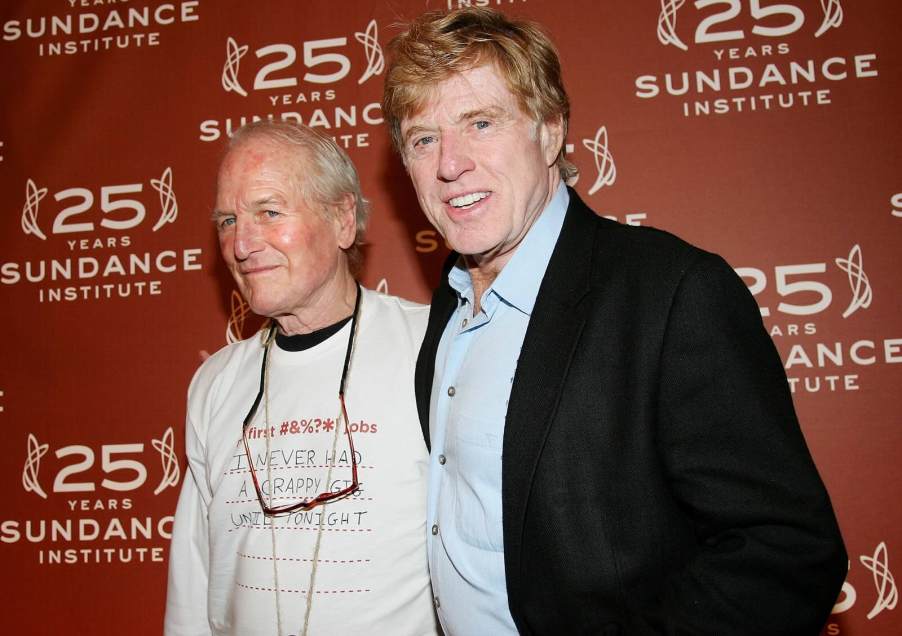
How the New ‘Superman’ Ending Frees the DC Universe to Be Fun Again
The new Superman movie doesn’t just reboot the Man of Steel — it rewires everything we’ve come to expect from a superhero film. Under James Gunn’s direction, the DC Universe finally feels like it’s breathing again. Not weighed down. Not trying to be something it’s not. Just… having a good time with its capes and chaos.
This isn’t your typical grim, world-is-ending-again superhero flick. And that’s what makes it hit differently. Especially when you reach that final act.
What actually happens during the ending?
So, Metropolis is getting ripped in half. Literally. Lex Luthor, now played by Nicholas Hoult, opens a dimensional rift that’s slowly carving the city apart. Skyscrapers are tumbling. Streets are breaking open. But here’s the twist — it’s not scary. It’s weirdly chill.
Why? Because in this version of the DC Universe, super-powered madness is normal. Gunn establishes early on that meta-humans have existed for 300 years. So the citizens of Metropolis? They’ve seen it all before. There’s no mass panic. No overwhelming dread. People evacuate like they’ve rehearsed this kind of thing. Because they kind of have.
This alone marks a huge shift in superhero storytelling.
Remember the original Man of Steel? That movie leaned hard into 9/11-style destruction. So much debris. So much trauma. It shocked the world within the movie and pushed Bruce Wayne to war with Superman in Batman v Superman. Marvel did the same thing with Age of Ultron. Sokovia exploded in the sky, and suddenly Earth wanted a superhero regulation bill.
But in Gunn’s Superman, the destruction isn’t the emotional centerpiece. It’s just background noise.
How does Superman handle the chaos differently?
David Corenswet’s Superman isn’t brooding. He’s not buried under guilt. He doesn’t spend twenty minutes staring out a window. He faces chaos and just… gets to work. No existential breakdowns required.
The twist? The real drama isn’t about Metropolis falling apart. It’s about Superman realizing his biological Kryptonian parents weren’t the noble, loving figures he imagined. They sent him to Earth not to save it — but to rule it.
That’s the kind of emotional hit that would’ve spiraled the older DC Universe into a full-blown tragedy arc. But not here. He processes it. He adjusts. He doesn’t need five movies to find closure.
Even when he finds out that Lex’s secret weapon, Ultraman, is actually a clone of himself — the kind of reveal that usually sparks a full identity crisis — Superman doesn’t fall apart. Instead, he calls for his dog Krypto and launches the clone into a black hole. Just like that.
Because sometimes, being Superman is just about saving the day and keeping it moving.
Why does this feel so different from other superhero movies?
A big part of it comes down to tone. This Superman feels like a Silver Age comic book brought to life. That’s not just nostalgia — it’s intentional. The Silver Age of comics was playful. Wild. Full of imagination. That’s the spirit Gunn taps into here.
For years, superhero movies have felt like they had to justify themselves. Had to be “realistic.” Had to reflect our real-world fears. But we’re in a different time now. And Gunn seems to know that. We’ve had enough metaphorical therapy sessions with flying people. It’s okay to loosen up.
Even Lex Luthor is reimagined. Still a sociopath, but now a modern one. He manipulates the media. Runs disinformation campaigns. Hides people in secret prisons. It’s dark, yes, but it’s done with just enough satire that it doesn’t drag the story into grim territory.
There’s still weight. There’s still emotion. But it never overwhelms the fun.
What happens in the end-credit scenes?
The two end-credit scenes in Superman say everything without saying much at all.
The first is a quiet moment. Superman and Krypto sitting on the moon, Earth glowing behind them. No dialogue. Just peace. That image alone is more powerful than any mid-credits setup Marvel ever did.
The second scene is a bit more cheeky. Mister Terrific (Edi Gathegi) and Superman are standing near a building in Metropolis that was torn in half by the rift and stitched back together. It’s functional, but it’s not perfect. There’s a visible crack.
Superman looks at it and says, “It’s just a little off.”
Terrific’s response? “What do you want me to do? Take it apart and rebuild it?!”
Superman immediately regrets saying anything. “Hey man, I’m sorry. I didn’t mean to bum you out.” Then mutters to himself, “Darn it. I can be such a jerk sometimes.”
That’s the kind of human moment we rarely get from superheroes anymore. And there’s no tease. No secret villain in the shadows. No glowing artifact.
It’s just two superheroes bickering like coworkers after a long shift.
And that might be the most refreshing part of all.
James Gunn is signaling something very clear with Superman: These characters don’t need to be symbols of trauma anymore. They can just be characters. With flaws. With jokes. With pets. With bad days and casual victories.
That’s how you bring a universe back to life. Not with stakes. But with style. And maybe a dog that knows when to show up.
Popular Categories




:max_bytes(150000):strip_icc():focal(749x0:751x2)/Dennis-Quaid-Zoe-Grace-Quaid-premiere-of-reagan-00-071125-c9551ab81b60480987acbfa5407af8ff.jpg)
